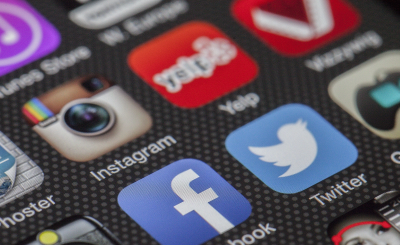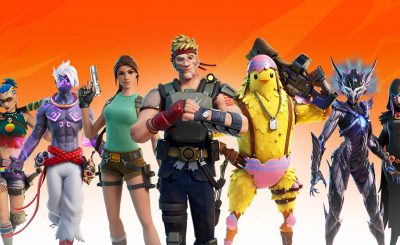PR can often be impersonal in its very nature. It’s hard to tailor something as direct and personal when you might be reaching out to hundreds of contacts with essentially the same message. Thousands of emails are sent every day all around the world exclaiming about the latest releases and products – what’s going to make yours stand out?
It’s hard for indie developers to compete with massive triple-A titans with warehouses of people sending non-stop emails to every known journalist on Earth. Well, maybe that’s a little dramatic but you get the point, it’s a competitive endeavour. Not to mention the fact that a lot of games with bigger budgets can push out a consistent stream of high-quality marketing materials. As an indie developer, if you aren’t considering your PR approach or planning correctly you may only have one trailer and one shot at coverage. So how do you make that shot count?
The Human Touch
If there’s one thing every games journalist will tell you about PR it’s that, for the most part, it’s impersonal. Every day their inboxes fill up with PR emails all built from the same template and structured the same way. They use similar language and tend to be as far removed from the person who actually made the game as they are themselves. But, that’s not how we do it here at Game If You Are and not how you should do it either.
If you do happen to find yourself in a position where you need to announce or launch a game and want to reach out to press then don’t follow a template. Instead, tailor your PR personally to the journalists you’re reaching out to tapping into their interests. Create communications that are unique and stand out against the deluge of regular comms. Address them by their first name, talk about why you think they’ll be interested in the game and ensure to include all the details they could possibly need if they’re keen to look at it. Use your perceived weakness – being a small developer with a limited budget – to your advantage. Make your PR personal and it’ll stand out from the crowd.
Journalists are People
Nobody is getting into games journalism to get rich, they’re doing it because they’re passionate about games. It’s easy to view media as just names on a list when you’re building a marketing campaign but you need to think of them as people if you ever hope to make your PR resonate with them.
Don’t just build a list of media or worse, download a press list off the internet. Take the time to look up the journalists that have covered similar games in the past. Find the writers at each outlet that would be a great fit for your game or love the genre it’s in. Follow them on Twitter, understand what they’re into and tailor your media list to a selection of people who are going to be really eager to play your game.
Yes, that will take some time, but it’s better to have a smaller list that is better targeted at the right people than a huge list of media who aren’t even going to look at it let alone be interested to cover it.
Plan for Success
PR is time-consuming, especially comms specifically researched and targeted to a curated audience. If you’re developing a game it can be hard to fit this level of work in, even more so around launch when you’re struggling to find and fix all the bugs you can before release.
It’s always worth exploring your options for working with PR agencies in a cost-effective way to help you reach the goals you’ve set. This can be as simple as having a PR plan designed by an agency and implemented by you. That certainly takes some of the weight off the time factor. Having your marketing materials reviewed pre-launch is also a good way of sense checking whether what you send to media is going to appeal to them. It’s all about making the most out of that potentially single shot at the coverage you might have, especially if you don’t plan accordingly.
Ultimately, the majority of studios are not going to compete with the budget of triple-A games when it comes to marketing and PR so don’t try to. Indie games have something that big games and studios don’t and that’s a personal connection to their games that it can be easy for players to relate to. This is the same for the media or influencers you want to cover your game. It’s a strength you should take advantage of when reaching out. Make sure they know there are real people behind the PR that appreciate what they do and have taken the time to understand what they enjoy. In a world becoming more progressively automated people love a personal touch.





